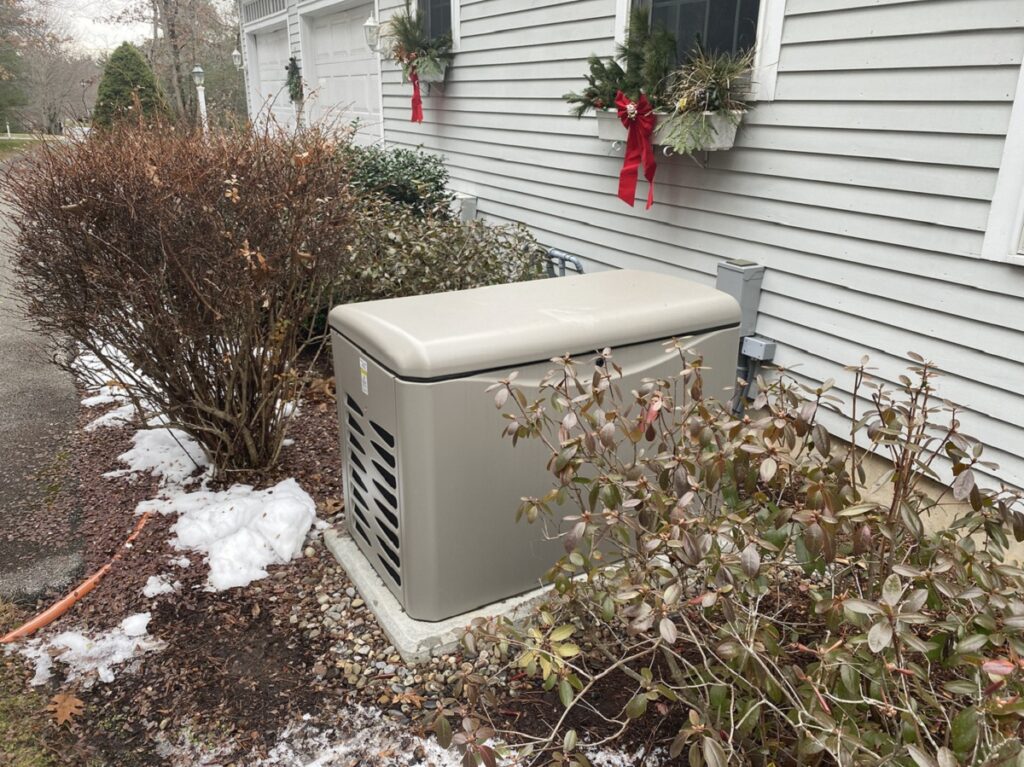According to Murphy’s Law, anything that has the potential to go wrong will indeed go wrong at some point. If you keep a full-sized tire as your emergency spare tire but never check if it’s holding air pressure, there’s a potential it could be deflated when you need to use it. That’s a common Murphy’s Law situation that can also apply to standby generators.
Imagine dealing with a flat tire in the middle of a rainy night only to find out that your spare is also flat. Now imagine finding out that your standby generator doesn’t work after a storm knocks out power to your neighborhood. Spare tires and generators are supposed to help you get through emergencies, but they’re not impervious to certain issues that could turn them into duds when you least expect them to.
Avoiding Murphy’s Law from interfering with your standby generator is a matter of conducting inspections and following a preventative maintenance schedule. With this in mind, let’s review what can be done to prevent a power outage from becoming an outrage.
Periodic Testing Under Load
You don’t have to wait for a power outage to see if your generator works; doing so will only feed Murphy’s Law. Most standby generators are equipped with one or more ways to start them manually. You should fire up the generator for a few minutes every few months. You’ll want to do this under load, which means plugging in the appliances you want to run during a potential outage. The idea is to test the ignition while also gauging how well it performs under load.
Testing the generator every three or four months is recommended if you live in a region that gets inclement weather conditions such as thunderstorms and tornadoes. You certainly want to test the unit before temperatures start getting lower or before entering a stormy season.
Professional Inspections and Maintenance Schedules
Many home buyers test standby generators before the closing, and then completely forget about them. These aren’t simple home appliances; they’re electromechanical systems with maintenance schedules. Similar to cars, generators come with owner’s manuals that detail their maintenance and service schedules. Depending on the model, the generator may require maintenance of its cooling, battery, and fuel subsystems.
Even if your generator passes a test under load for 30 minutes, how can you determine the status of its belts, hoses, filters, gaskets, and other parts subject to wear and tear? This is done through professional inspections during which our technicians check the condition of the generator’s subsystems, components, and parts.
Inspections and preventive maintenance are two of the generator services provided by Chamberlain Electric to residents of Jonesboro and greater Craighead County. Contact us today to ensure your generator doesn’t fail you at the worst time.



